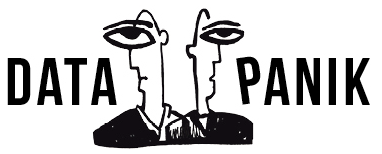In de Verenigde Staten (en elders) wordt het gebruik van technologie voor gezichtsherkenning steeds meer dagelijkse kost. Volgens een artikel in de New York Times is Madison Square Garden het meest recente voorbeeld in het rijtje van plekken waar de gezichten van bezoekers gescand worden, zonder dat ze zich daarvan bewust zijn. Over hoeveel bezoekers gescand worden en welke databanken gebruikt worden, is het artikel niet duidelijk. Het gebruik van de technologie wordt door Madison Square Garden alvast niet ontkend.
MSG continues to test and explore the use of new technologies to ensure we’re employing the most effective security procedures to provide a safe and wonderful experience for our guests.
Let vooral ook op het gebruik van de woorden “wonderful experience”. Het gebruik van gezichtsherkenning wordt immers niet meer alleen gepromoot uit veiligheidsoverwegingen. Het biedt ook steeds meer mogelijkheden voor commerciële bedrijven.
In the case of an arena, a sports fan might sign up for a loyalty program with a team and attach their image and a credit card to the account. They could then park without paying an attendant, walk in without having a ticket scanned and pay for merchandise and concessions without ever taking out their wallet.
Gemakzucht wordt dan het perfecte glijmiddel voor een technologie die door burgerrechten- en privacygroeperingen nog steeds fel bestreden wordt.
Civil rights groups like the American Civil Liberties Union have long rallied against face recognition because they mean simply showing your face in public becomes an interaction with law enforcement; you’re scanned and potentially checked against a criminal database. Civil rights groups argue this process elides privacy protections against search and criminal suspicion, but there’s little that can be done when the public doesn’t even know they’re being scanned. “In a lot of places we will see facial recognition framed positively as just an extension of video surveillance,” Clare Garvie, one of the Georgetown researchers, told the Times. “But the reality is, it is a way to require, or in secret, have everyone in a crowd show their papers, essentially, to compare them to a big enough database.”
Bron: Gizmodo / New York Times

